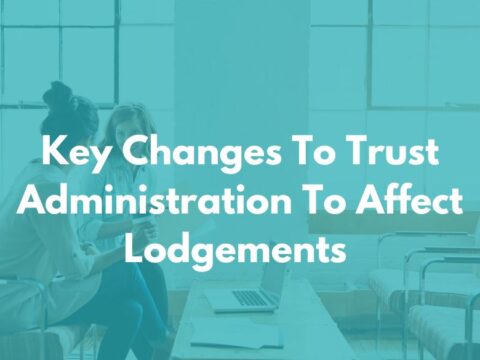Catching Up On Carry-Forward Contributions
Is it time to play catch up with your super contributions?
Every financial year, the cap for concessional and non-concessional contributions is set at a specific limit. For the 2022-23 financial year, this was set at $27,500 for concessional contributions.
If you make or receive concessional contributions of less than the annual contributions cap, you may be able to accrue any unused amounts and carry them forward for use in later financial years.
This allows you to (potentially) make larger concessional contributions in a single financial year if the concessional cap hasn’t been completely used.
Most working Australians will pay at least part of their concessional contributions through their employment (their super guarantee contributions). However, any amounts left over from that financial year can be applied to your carry-forward limits.
An Example Of Bringing Forward Contributions
Let’s assume that a registered nurse made a concessional contribution total of $15,000 in the 2018-19 financial year, out of the total cap of $25,000. This means they have $10,000 in unused amounts to be added to their total cap for the following year (brought forward).
If in the following year, they make $20,000 in concessional contributions, out of the total cap of $25,000 (for the 2019-20 year), they will have an additional $5,000 in unused contributions to be added to their total unused amount (now $15,000).
In the following year, they can make up to $40,000 in contributions total
Any unused cap amounts can be carried forward for up to five years. Your catch-up contributions for the 2023-24 financial year (this current year) can accrue as far back as the 2018-19 financial year; however, once the five-year limit passes, they will expire.
To be eligible to make catch-up concessional contributions, your total super balance must be below $500,000 at the prior 30 June.
You also need to be careful about how the contributions are classified – in some cases, the contributions may count towards your income (such as amounts contributed by salary-sacrificing or making personal deductible contributions) and result in potential Division 293 issues.
Under the Division 293 tax rules, if your income and concessional contributions total more than $250,000 in a financial year, you may have to pay an additional 15% tax on some or all of your super contributions.
Before making additional contributions to your super, it is highly recommended to speak with a professional adviser for guidance on eligibility, benefits and whether it is the right course of action for you.
IMPORTANT NOTICE
This blog post contains general information only and has been provided by Allworths without reference to your objectives, financial situation or needs. Allworths cannot guarantee the accuracy, completeness or timeliness of the information contained here. By making this information available to you, we are not providing professional advice or recommendations. Before acting on any of the information contained here, you should seek professional advice.




